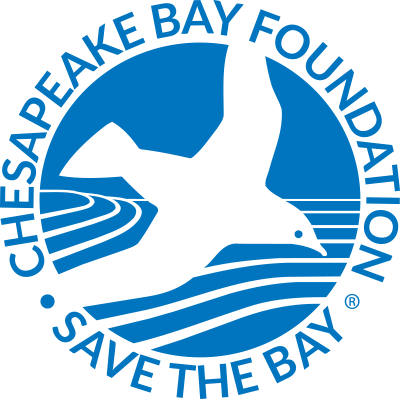
Chesapeake Bay foundation : Chesapeake Classrooms Teacher’s Guide
The complete 2024 Chesapeake Classrooms Teacher’s Guide is available in downloadable format. This is an excellent companion resource for planning and documenting your classroom MWEE!

The complete 2024 Chesapeake Classrooms Teacher’s Guide is available in downloadable format. This is an excellent companion resource for planning and documenting your classroom MWEE!
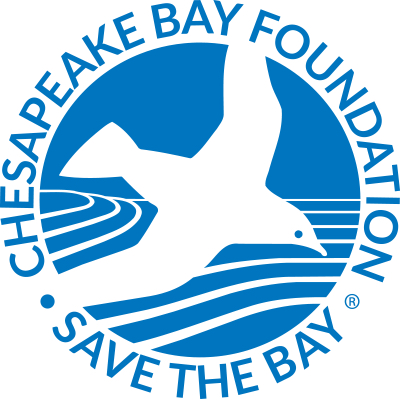
Educator guide to understanding the CBF Water Quality map. Includes field names and definitions, water quality parameters and methods, eutrophication process, how teacher and students can use the CBF GIS
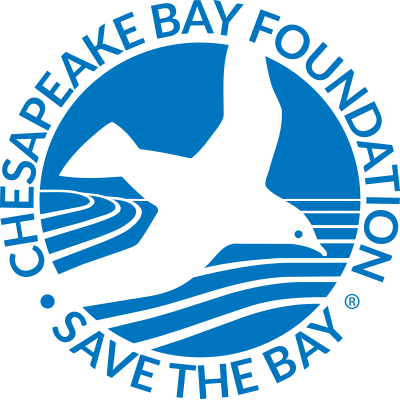
An in-depth variety of maps featuring different angles and topics on the Chesapeake Bay’s 64,000 square miles. Categories include geography, pollution, land use, aquatic life, and economic importance.

Downloadable poster-sized map of the Chesapeake Bay Watershed. Includes brief information about the natural history and fragile habitat of the Bay.
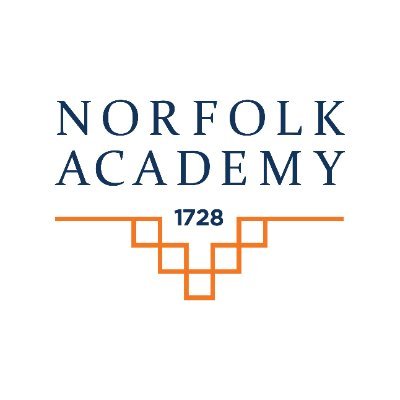
Norfolk Academy news article on their solar panel installation. Learn about energy conservation, solar teaching opportunities, and technical aspects of the panels.
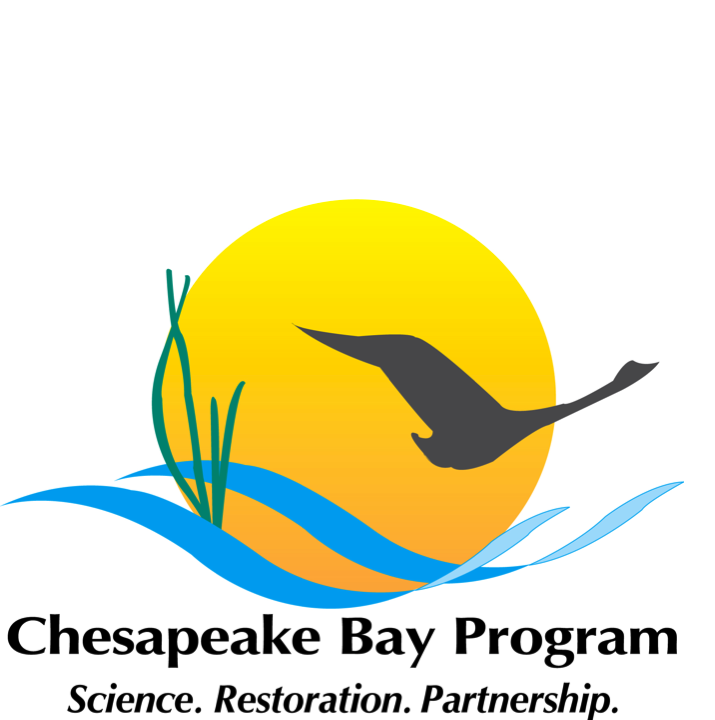
Keep up with the Bay Program’s most recent restoration efforts and research. Browse articles and in-depth feature stories to learn about the latest Bay news.

A news article about Children who change their parents’ minds about climate change. Focuses on Swedish teenager, Greta Thunberg, who mad a speech to the United Nations and is encouraging
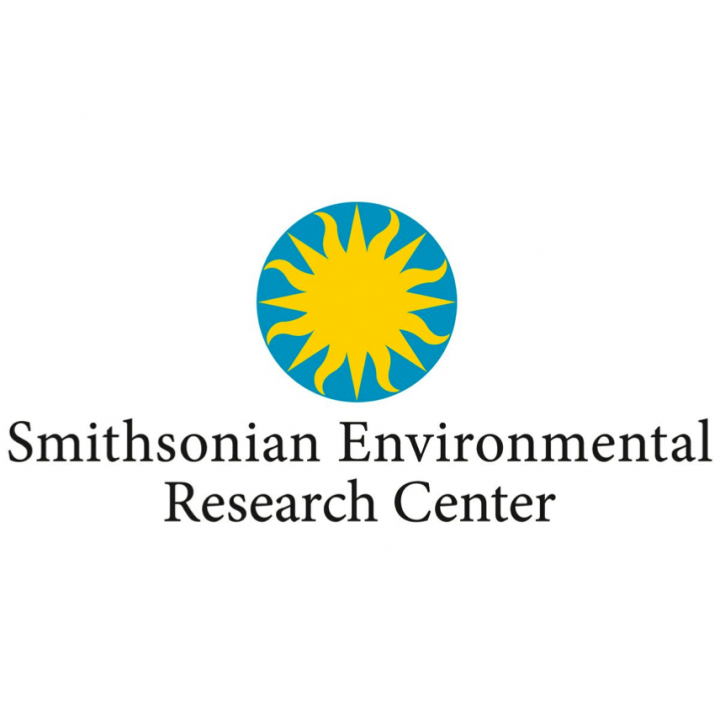
Search in the database from the Smithsonian Environmental Research Center to add real world data to your classroom setting. Data sets include research & citizen science data, climate science, wetlands,

Enjoy an online interactive database of water quality monitoring reports from the Environmental Protection Agency. Learn the current health condition of any river in the US and check to see
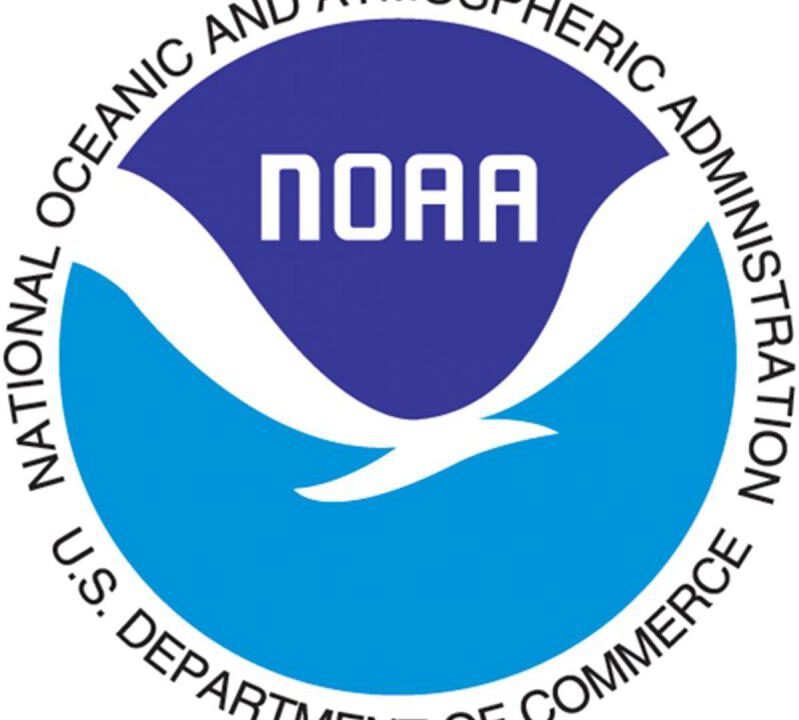
Includes SOL aligned Data Driven Lesson Plans, Climate Data Resources, Historical Data Resources, Ocean & Freshwater Data Resources, and Weather & Atmospheric Data Resources. The data collection consists of ocean
Notifications